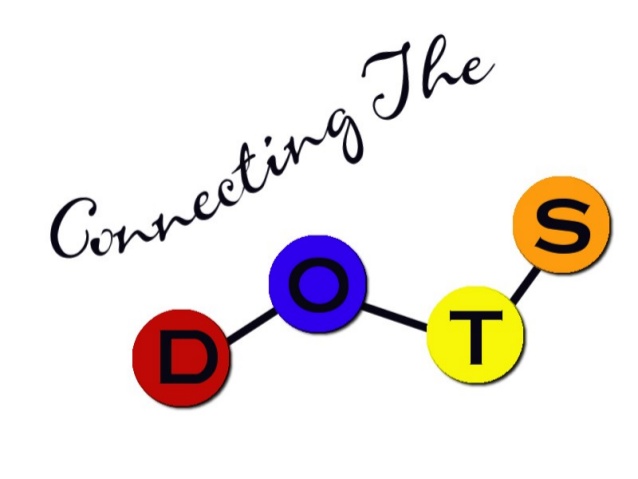Employee stress, anxiety, and burnout are on the rise. The pandemic continues to exact a toll on workers, families, and students. For many, time spent working is increasing while that spent with other social groups, like family or church, is decreasing. This matters to organizations, because the well-being of humans is inextricably linked to employee satisfaction and also correlates with customer satisfaction, turnover, productivity, and profitability. Failure to pay attention to and prioritize employee satisfaction risks enabling a toxic culture that can lead to serious performance and organizational health issues.

Leaders of organizations also have a clear moral imperative to create an environment that enables good management, and good relationships more generally. While there are many sources of misery in the world—including poverty, illness, and discrimination—the one aspect of people’s lives that is clearly within an organization’s sphere of influence is the behavior of their bosses and supervisors. Indeed, research studies show that some 25 percent of the variation in individuals’ overall life satisfaction is attributable to work, with manager relations accounting for the largest portion of that. People in workplaces with good employee-manager relations report significantly higher satisfaction with their jobs. Yet, most leaders are selected for technical skills, not socio-emotional ones.
Companies can create immense value for themselves—and broader society—by helping tomorrow’s leaders develop crucial personal skills, like situational humility and awareness of unconscious biases. Here are four ways to do that.
1. Convey understanding and conviction through a compelling change story
Leaders can start by educating bosses and supervisors about the enormous impact—positive and negative—they have on their employees’ lives, even outside working hours. They might also connect the dots across the organization, such as how employee well-being aligns with a broader social responsibility agenda. Similarly, the narrative might link the company’s overall purpose statement to the individual purpose people feel in their working lives. It might also draw a link between ethical behavioral imperatives and the performance improvement of the organization as a whole.
2. Role model a personal commitment to employee well-being
Many senior leaders consistently underestimate their role in contributing to a range of organizational problems. But nothing undermines a cultural-change initiative more thoroughly than leaders failing to follow through on lip service to a cause. In the effort to bolster employee well-being, leaders should start with self-reflection to identify biases and actions that either support or undermine change. They should frequently hold a mirror up to themselves to ensure they recognize, and correct, unsupportive or demoralizing behavior.
3. Embrace skill- and confidence-building for managers
Research shows that as people gain power, they lose the ability to judge a situation accurately and to empathize with people in positions of less relative power. Training courses for personal skills, such as giving and receiving feedback, and recognizing one’s (mostly unintended) impact on others’ emotional states need to become a standard part of the corporate curriculum. Organizations should also explore new ways to address the loss of empathy that accompanies gains in authority and encourage mindfulness and self-awareness. Skills and tools aimed at improving trust in leadership and the relationships within a company can further support employee engagement, well-being, and effectiveness.
4. Adopt formal mechanisms that reinforce the right behaviors
Leadership behaviors are unlikely to change unless employee satisfaction, including satisfaction with an immediate boss, becomes a core part of a company’s performance evaluations. By praising and promoting the best managers, organizations also help fill their ranks with good role models. Combined with HR screens to identify people with desirable leadership traits, this approach can help form an ecosystem for better management practices. Some companies have begun substituting their top-down performance appraisals with approaches that emphasize continuous learning and coaching rather than criticism.
Few managers realize what a dramatic impact they can have on the world through their everyday behavior. It is the responsibility of senior leaders to enlighten them and provide the organizational context that consistently fosters high-quality relationships between bosses and the people who report to them.
Source: McKinsey & Company
You would like to rent office space in Ho Chi Minh City, Vietnam?
CJ Building is located at the heart of Ho Chi Minh City where all necessary facilities are at your hands. We offer all solutions for your various requirements of offices. Learn more about our office plans and find the ideal workspace for you and your business to thrive in.
 5 Habits That Will Boost Your Workplace Productivity
5 Habits That Will Boost Your Workplace Productivity  Another reason to want the corner office: It's good for your health
Another reason to want the corner office: It's good for your health  What the return to the office will look like
What the return to the office will look like  5 ways to save your office costs during the Covid-19 pandemic
5 ways to save your office costs during the Covid-19 pandemic  Must-have items to keep you productive in office
Must-have items to keep you productive in office  What is a business center?
What is a business center? 2 Bis - 4 - 6, CJ BUILDING
No. 6 Le Thanh Ton street, Sai Gon Ward, HCMC
Tel: +84 28 6255 6800 | Fax: +84 28 6255 6801
Email: leasing@cjbuilding.com.vn


